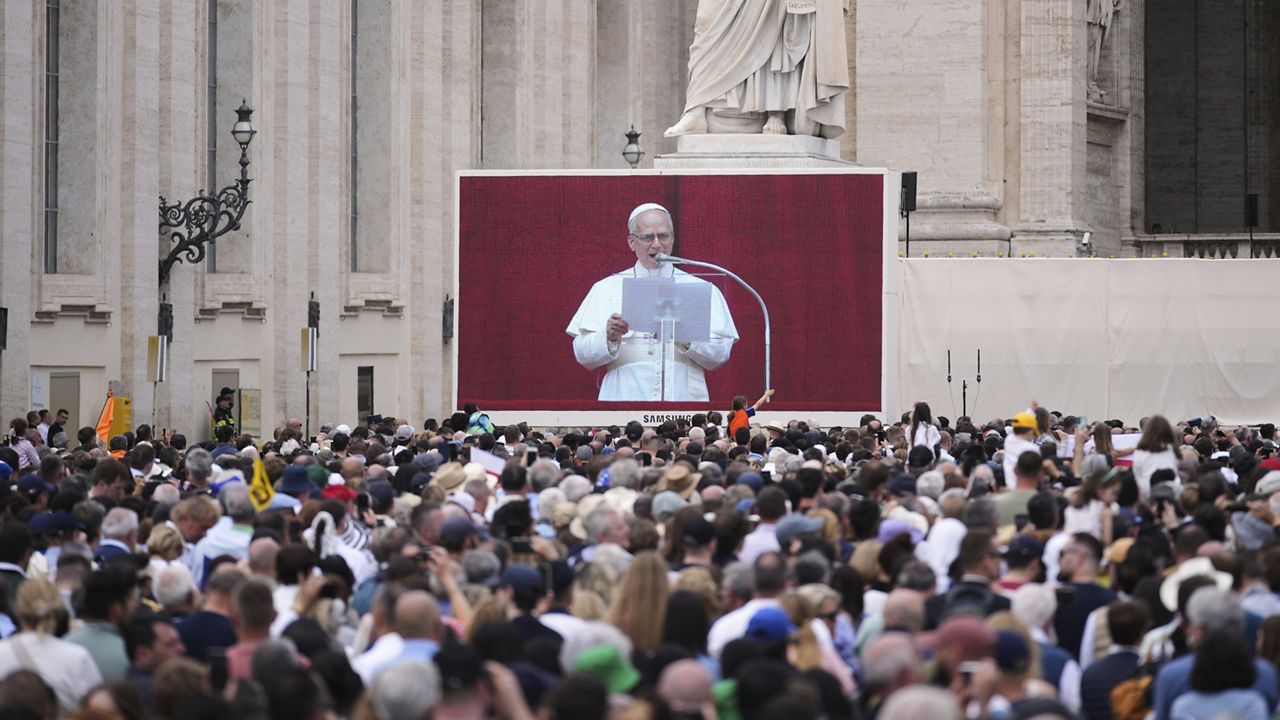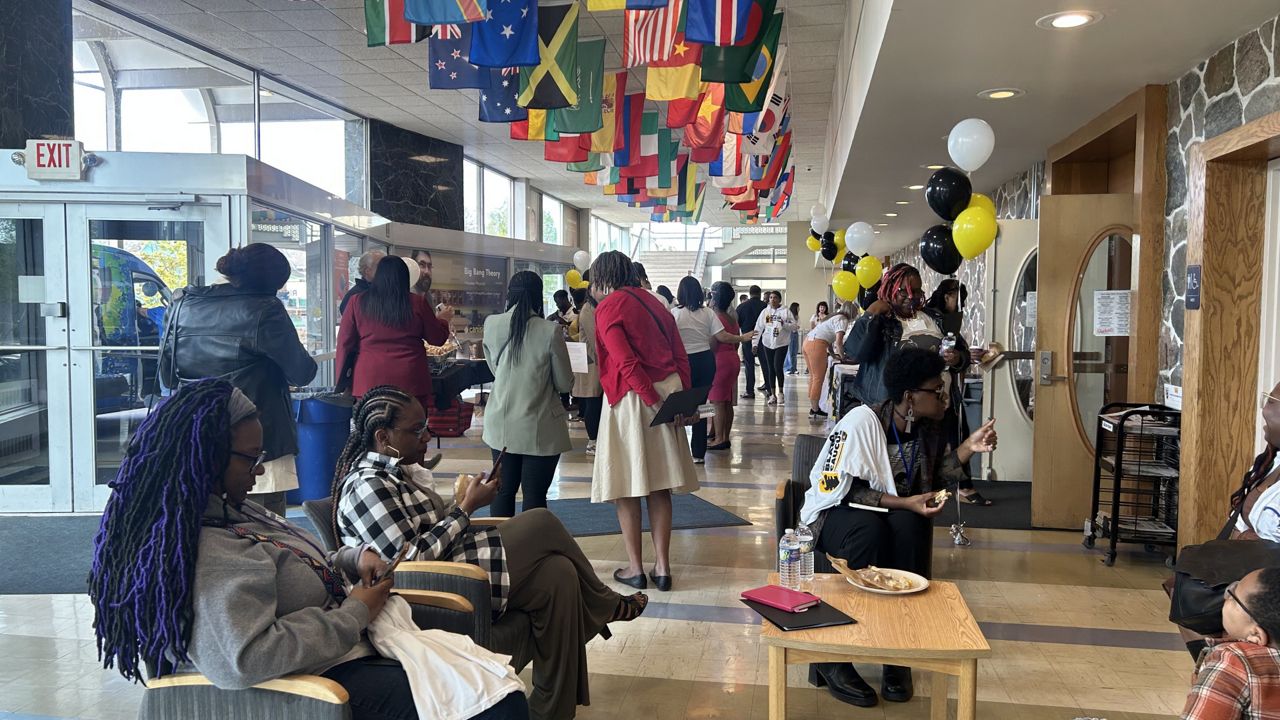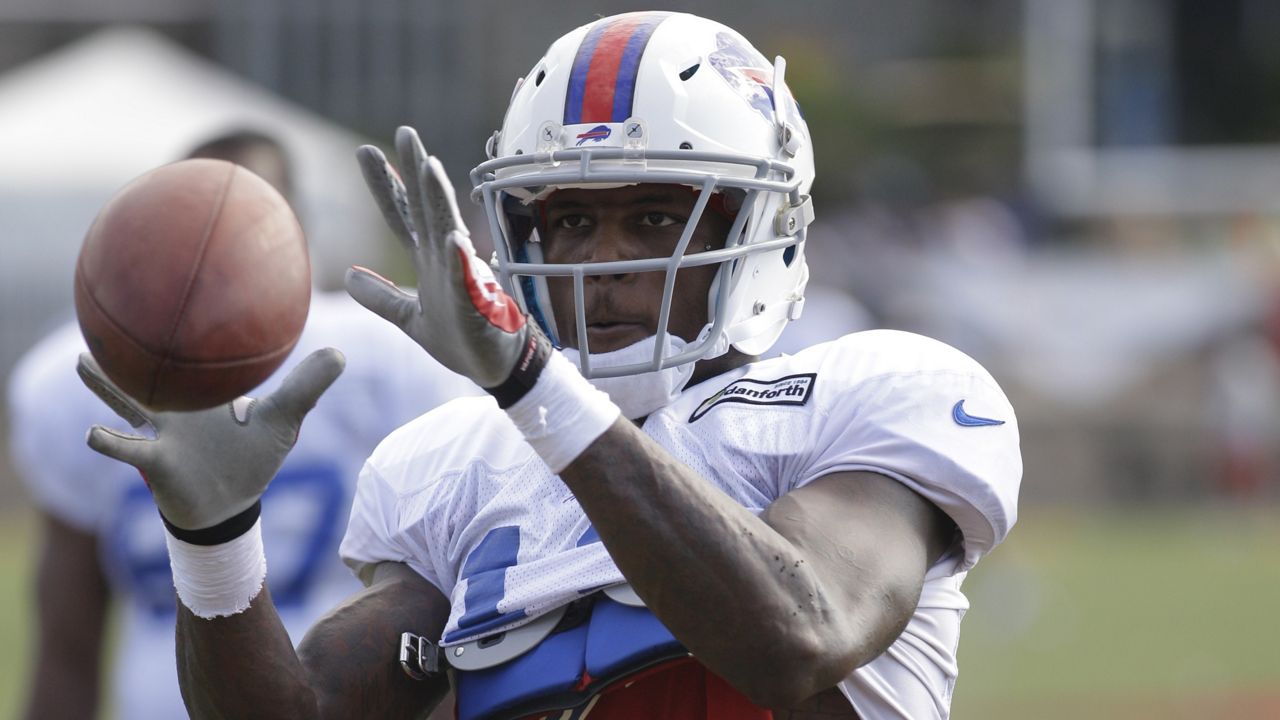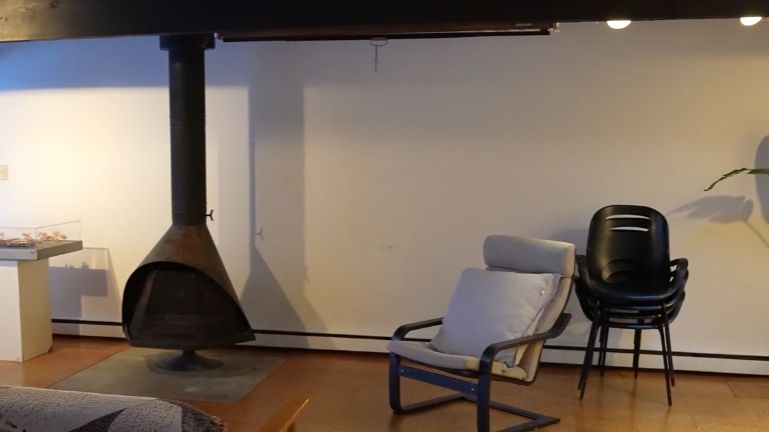JAMESTOWN, N.Y. — An increasing number of American adults are religiously unaffiliated, according to the Survey Center on American Life.
“In my farmer days, I would do deliveries, I would do farmers markets,” said Jessica Frederick, a curate for children, youth and families, at St. Luke’s Episcopal Church in Jamestown.
Growing up, Frederick wanted to be many different things — like a farmer.
“When I was a little girl, I thought I wanted to be a nun,” she said. “I was a little third-grader running around wanting to be a nun.”
She grew up in the Catholic Church, but spent her early 20s in exploration of different religious and spiritual traditions.
“I was thinking about, like, do I go back to the Catholic Church?” said Frederick.
But ultimately decided that she couldn’t.
“Because they didn’t ordain women and for me it was kind of a philosophical issue,” she said. “I thought, ‘I can’t go back to a church that believes that God couldn’t call half of the world’s population to serve in this one particular way.’”
For her, the lack of representation created a lack of connection.
Data from the Survey Center on American Life found that young women are leaving the church in unprecedented numbers. The 2023 survey found nearly four in 10, or 39%, of Gen Z women identifying as religiously unaffiliated, compared to 34% of Gen Z men.
“I can imagine that people of good conscience can be looking at some of the things that the churches are doing today and feeling like, ‘This is not in alignment with who I am and what I value,’” said Frederick.
Values are also playing a big role, as a poll from the Public Religion Research Institute found 60% of young people who left their childhood religion cited “negative treatment of gay and lesbian people” as an important reason.
“When you love somebody, or when an issue is important to you, it makes sense that you would take a stand,” Frederick said.
Values led Frederick to meeting a female priest in the Episcopal Church, and, ultimately, her true calling.
“It clicked,” she said. “I was like, ‘Maybe, maybe I’m called to be a priest. Maybe this is something for me to do.’”










